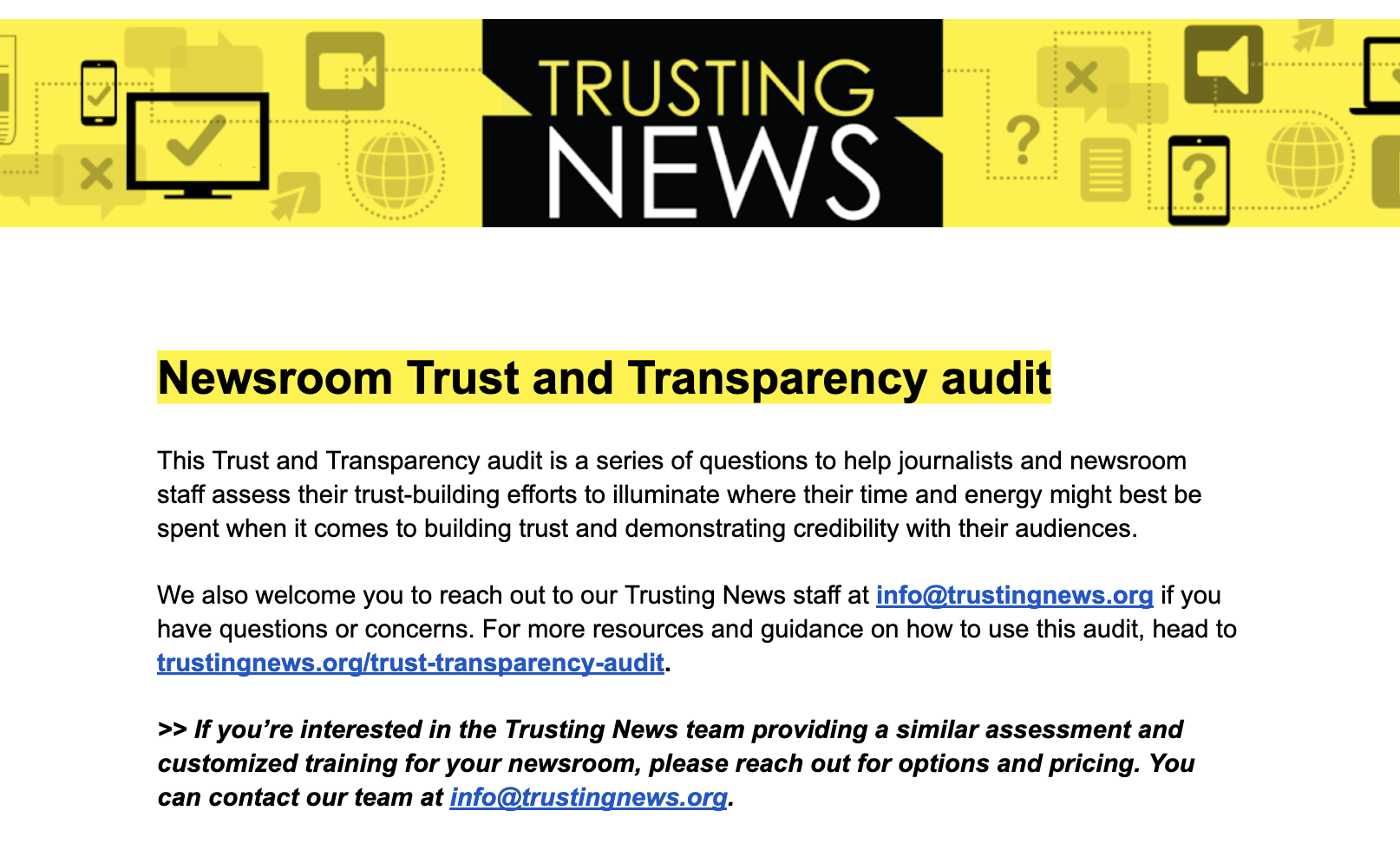By John Michael Greer -- The Archdruid Report
Last week’s Archdruid Report post argued that four main trends -- declining energy production, economic breakdown, collapsing public health, and political turmoil -- define the framework upon which our future will take shape. I promised then that the following posts would go through these in more detail. We’ll start here with the top of the list, the approaching energy crisis. This week, I’ll try to sketch out the energy future waiting in the wings; next week, I’ll outline specific responses to that future that individuals can set in motion right now.
Of all the many aspects of the predicament of industrial society, the peak of world petroleum production will likely have the most drastic impact in the short and middle term. Now it’s true, of course, that plenty of other resources are also running short worldwide, from topsoil and fresh water to dozens of minor but economically important minerals. In the latter days of a system designed and built to pursue the delusion of infinite material growth on a finite planet, shortages are inevitable, but no other globally traded commodity is as central to the world’s industrial economies as oil, or faces so imminent and irreversible a decline.
Thus the end of the age of cheap oil promises a sea change in the world’s economies and societies as significant as the beginning of the fossil fuel age some three hundred years ago. Its impact can easily be overstated, though; indeed, it has been overstated by quite a few writers on the survivalist end of the peak oil community, who insist that the inevitable result of declining petroleum production will be the rapid collapse of civilization worldwide in an uncontrollable spiral of violence, anarchy, and mass death. As a result, too many people are still convinced that the only possible response to peak oil is the old fantasy of holing up in a cabin in the hills and waiting for the rubble to stop bouncing.
This is as mistaken as it is counterproductive. It’s certainly possible to dream up worst case scenarios that might conceivably result in a sudden collapse, but these scenarios run headlong into an awkward historical fact: declines in petroleum use equal to the ones we face on the downslope of Hubbert’s peak have happened many times in recent history, without producing anything like the consequences the survivalist theory predicts. In America, World War II saw gasoline rationing and sharp reductions in the use of oil throughout the civilian economy, and the energy crises of the 1970s saw steady declines in petroleum use that went on for more than a decade. Unlike the future we face today, those periods of declining petroleum use proved to be temporary, but they show that American society can use less oil without collapsing.
(more)
READ MORE: Energy Bulletin










